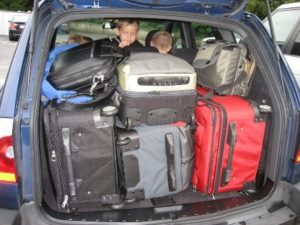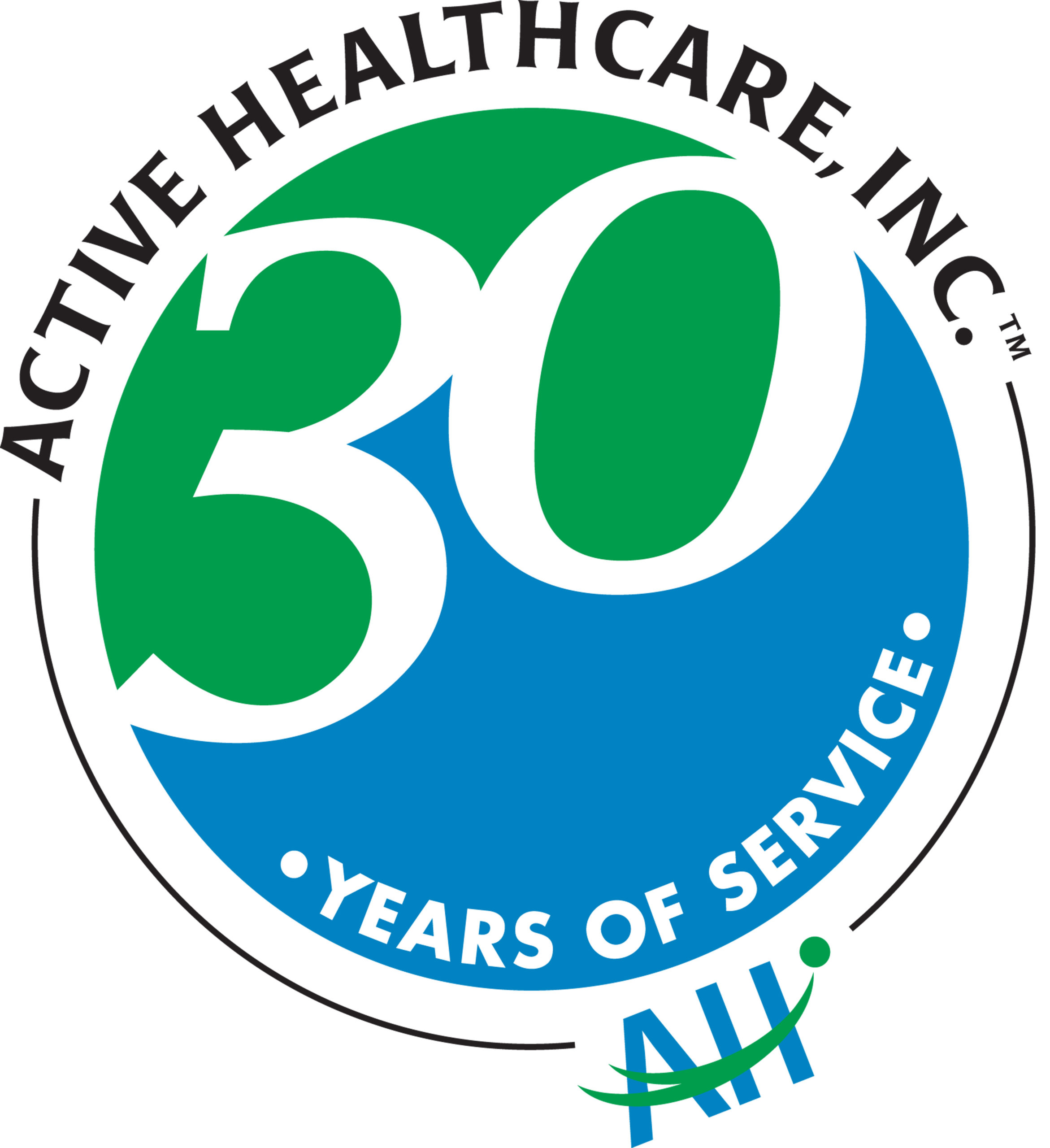The holidays may be the most wonderful time of the year, but not so much for asthma sufferers. While in the midst of the flurry of activity the season brings, it can be hard for asthmatics to enjoy themselves, especially when away from home.
Here are some things that you can do to make your holiday travel and festivities more enjoyable!
Before Your Trip

First, if you know you are going to be traveling anywhere this holiday season, make an appointment as soon as possible with your doctor. This will give you the opportunity to update medications, obtain new prescriptions, and get necessary information you need for your specific asthma case to help you in your travels.
- Ask your doctor to provide you with a copy of your personal medical records to carry with you.
- Refill as many prescriptions as you can that you think you could potentially use up while away from home a few days before your trip.
Packing Tips

- When packing your bags, remember there are some critical things to leave out of your checked baggage such as your inhaler and medical record.
- For your remaining medications, use a re-sealable plastic bag with all of the prescription labels visible so that you can move quickly through the security checkpoint at the airport.
- Packing a pillowcase (and a pillow and mattress pad if you have the space) from home will help eliminate the possibility of inhaling dander from the pillowcases at your destination that could bring on an attack.
- Tell a fellow traveler that you have asthma and how they can help you if you begin to have an attack. Make sure they know where to find your inhaler in your carry-on.
At Your Destination
- If you will be staying in a hotel, be sure to request a non-smoking room. Look for pet-free hotels.
- Before you go, search for the nearest emergency room or urgent care to your destination.

















 It’s summer vacation time, but before you’re able to hit the road, there’s the dreaded chore of packing. Next to your sunscreen, flip-flops and stylish sunglasses, don’t forget to pack your asthma medication. Smart packing and a little research on your destination will go a long way in making your trip smooth and enjoyable.
It’s summer vacation time, but before you’re able to hit the road, there’s the dreaded chore of packing. Next to your sunscreen, flip-flops and stylish sunglasses, don’t forget to pack your asthma medication. Smart packing and a little research on your destination will go a long way in making your trip smooth and enjoyable.









